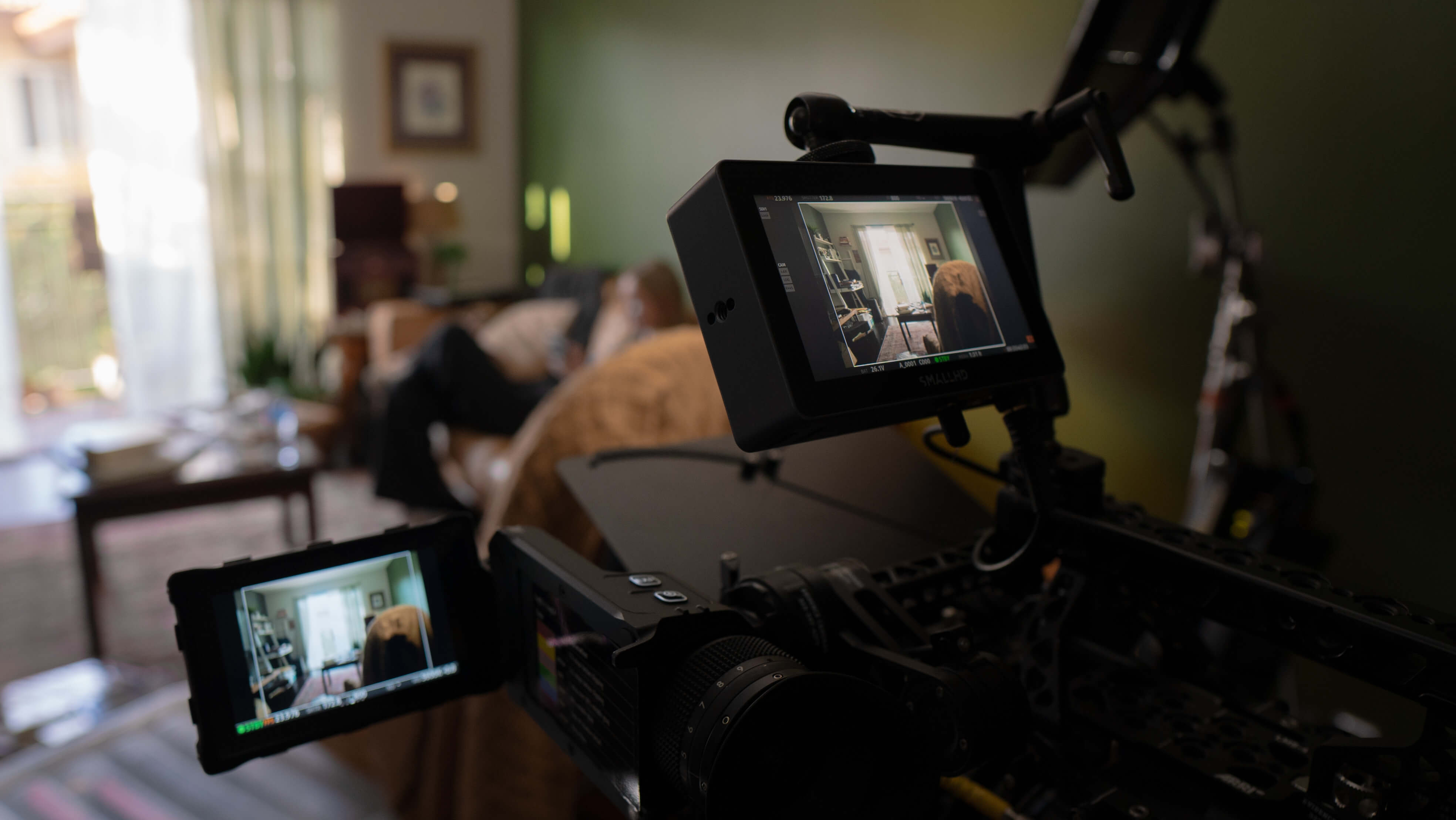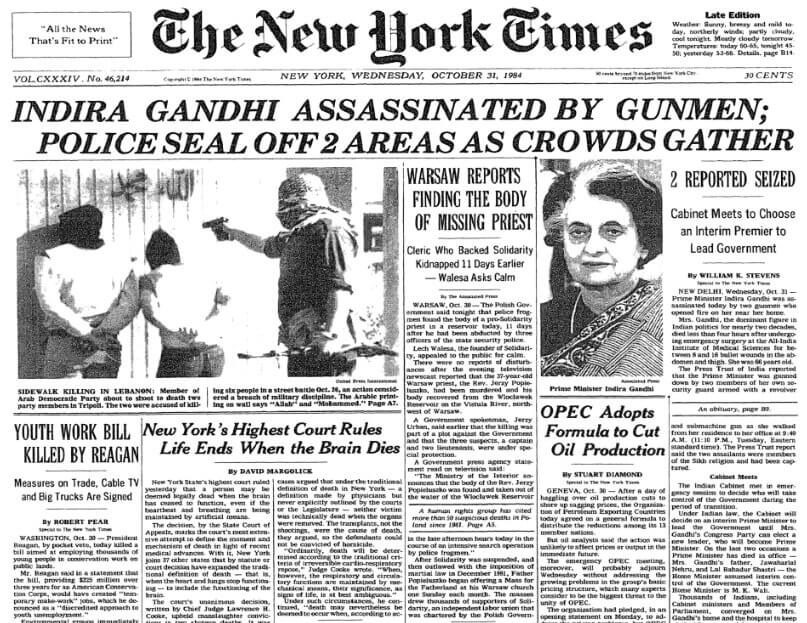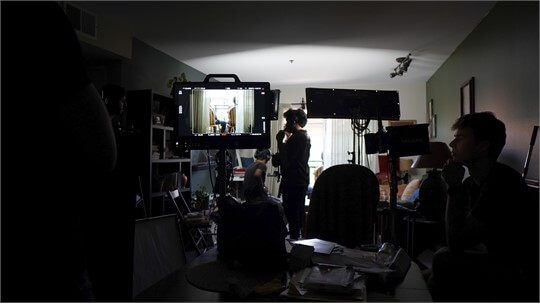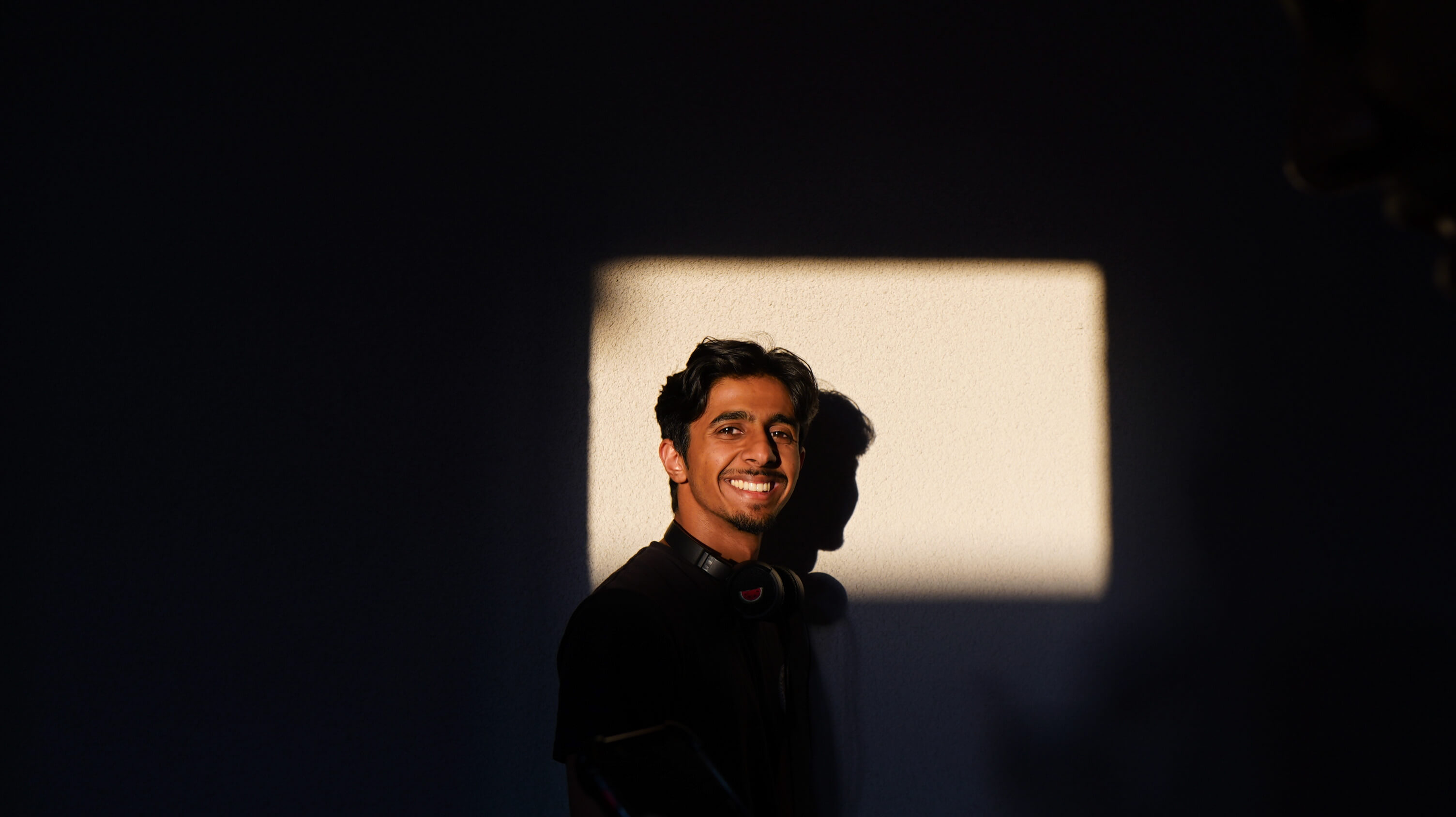We are two Sikh filmmakers making a short film about 1984. Principal photography has concluded, but we need to raise money to help us finish this project!

BACKGROUND
"From October 31 to November 3, 1984, thousands of Sikhs were hunted and murdered by government-orchestrated mobs throughout India following the assassination of Prime Minister Indira Gandhi.
[Before this was the] Indian Army’s June 1984 assault on Darbar Sahib and dozens of other gurdwaras throughout Punjab. Code-named Operation Bluestar by the Indian government, this coordinated attack claimed the lives of thousands of innocent Sikhs.
As we recognize the [anniversaries] of these atrocities, it is important to understand the deep history of these events and the issues of state repression and impunity that are still relevant today. It is estimated that tens of thousands of Sikhs were killed starting in 1984 and continuing into the 1990s. According to eyewitnesses and human rights activists, the killings were organized by government officials and facilitated by police officials. Unfortunately, 40 years later, the Indian government continues to deny appropriate justice to the victims and survivors of the massacres." ~ The Sikh Coalition


This film follows Balwinder, a 60 year old survivor of the events of November 1984. We find her in present day California, making a living as a hospice nurse. She lives an isolated lifestyle, in a sparsely decorated apartment, with her only outings being the Sikh community meetings once a week.
One of her new patients is Tony, a Vietnam War veteran who has 6 months to live. As she attends to him, she learns that he lost his daughter in a car accident many years ago. Following these two characters, we'll see two very different expressions of grief come together.
When developing the script, it was important for us to make sure we told this story as authentically as possible. My producer and I went out and interviewed real survivors of what happened in '84. We recorded their experiences, feelings, and how life was for them post-immigration. All of this research went to informing Balwinder's character and ensuring we accurately portrayed this experience on screen.

In October after I graduated college, I visited Punjab, India for the first time in twelve years with my mom. Growing up in America, this opportunity provided me with the chance to reconnect with my cousins, uncles, and A LOT of nephews. I had the time to re-embrace myself with the culture, and learn a lot more about my people.
More specifically, my mom took me to the Golden Temple museum and that's where I learned about what happened to the Sikh People in 1984. It was a visceral, impactful feeling. I was staring at paintings and exhibitions of injustice and I felt tears streaming down my face.I found myself crying because while those things didn’t happen to me, they happened to me in a sense. My life wasn’t my own anymore; instead I learned that my very existence was a testament to the survival of my people.
At its surface, Mirrors is a story about a mother struggling with the loss of her child. But on a deeper level, this is a film about showing the resilience of the members of our community. This is a story about survivors. Through Balwinder and Tony’s relationship, we will see two perspectives of grief, and two distinct ways of living in the aftermath of trauma. This is a story about unrelenting loss, but it’s also a story about persevering through every day; It’s an ode to the human spirit. It's a film that aims to educate, inspire, and ultimately help a marginalized community heal together.
I believe movies make us feel less alone, and it's my hope that this project shines a light on the power of empathy and kindness in our darkest times.
It’s imperative these stories are told from the people who should tell them. I want this film to speak to decades of trauma, and I want to utilize my platform to provide some form of visual justice, however small it may be.
-Harsimran Sandhu
COMMUNITY INVOLVEMENT
As we embarked on this project, my producer and I agreed on one thing before starting: we want to involve the community.
We are telling the story of our people, and it's important to us that we involve them as much as possible. We've been in talks and hopefully want to partner/collaborate with various Sikh-American and South Asian organizations across California. These are groups such as:

The Jakara Movement: A grassroots community-building organization working to empower, educate, and organize Punjabi Sikhs, and other marginalized communities.

Ensaaf: a nonprofit organization working to end impunity and achieve justice for crimes against humanity in India, with a special focus on Punjab.


